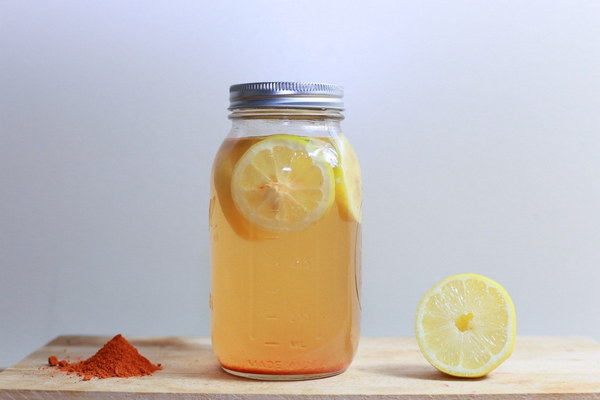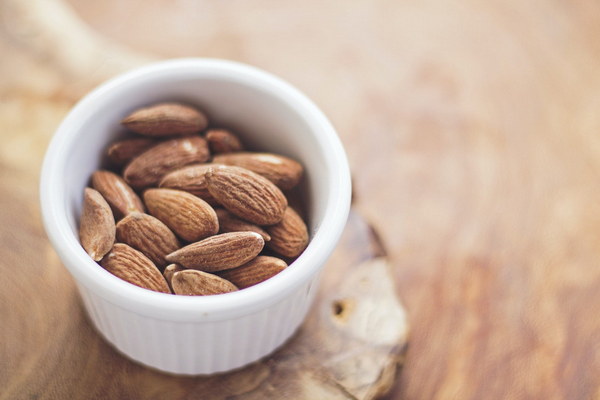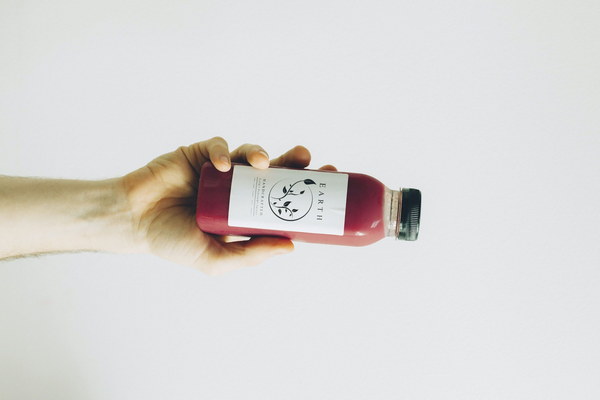Unlocking the Secrets of Chinese Herbs Discover the Best Tonics for Dampness Removal
Introduction:
Dampness, a common ailment in traditional Chinese medicine (TCM), is often characterized by symptoms such as fatigue, body ache, and bloating. To alleviate these discomforts, TCM practitioners recommend herbal tonics that can help remove dampness from the body. In this article, we will explore some of the most effective Chinese herbs known for their dampness-relieving properties and how they can be incorporated into your daily routine.
1. Astragalus (Huang Qi)
Astragalus, also known as Huang Qi, is a well-known Chinese herb with numerous health benefits. It is commonly used to boost the immune system and improve overall energy levels. However, it also has excellent dampness-relieving properties. The root of this herb can be decocted and consumed as a tea or added to soups and stews.
2. Poria (Fu Ling)
Poria, or Fu Ling, is another highly regarded Chinese herb for dampness removal. It is known for its ability to drain dampness and relieve water retention in the body. This herb can be taken in various forms, including as a decoction, powder, or capsule. Poria is often combined with other herbs to enhance its effectiveness.
3. Cinnamon (Rou Gui)
Cinnamon, or Rou Gui, is a warm and spicy herb that is excellent for removing dampness and enhancing blood circulation. It is commonly used to treat cold and dampness-related conditions, such as joint pain and lower backache. Cinnamon can be added to tea, soups, or taken as a supplement.
4. White Atractylodes (Bai Zhu)
White Atractylodes, or Bai Zhu, is a versatile herb used in TCM to treat a wide range of dampness-related conditions. It is known for its ability to drain dampness, strengthen the spleen, and improve digestion. This herb can be taken as a decoction, powder, or encapsulated form.
5. Alisma (Ze Xie)
Alisma, or Ze Xie, is a potent herb used to treat dampness and water retention in the body. It is also known for its diuretic properties, which can help reduce bloating and alleviate kidney-related issues. Alisma can be consumed as a tea or taken in tablet form.

6. Persimmon Leaf (Shi Zi Hua)
Persimmon leaf, or Shi Zi Hua, is another herb known for its dampness-relieving properties. It is often used to treat dampness-related skin conditions, such as eczema and psoriasis. This herb can be made into a tea or applied topically as a poultice.
How to Incorporate Dampness-Relieving Herbs into Your Routine:
Now that you know about the best herbs for dampness removal, here are some tips on how to incorporate them into your daily routine:
1. Consult with a TCM practitioner: Before starting any herbal treatment, it is essential to consult with a qualified TCM practitioner who can tailor the treatment to your specific needs.
2. Prepare herbal teas: Brew a cup of dampness-relieving herbs by simmering them in water for 20-30 minutes. Strain and drink the tea warm, or add honey and lemon for flavor.
3. Add herbs to your diet: Incorporate herbs like cinnamon and white atractylodes into your cooking by adding them to soups, stews, and teas.
4. Take supplements: If you prefer a more convenient option, consider taking dampness-relieving herbs in capsule or tablet form.
Conclusion:
Dampness can be a challenging condition to overcome, but with the help of traditional Chinese medicine, you can find relief. By incorporating dampness-relieving herbs into your daily routine, you can improve your overall health and well-being. Always consult with a TCM practitioner before starting any new herbal treatment to ensure it is safe and suitable for your individual needs.









